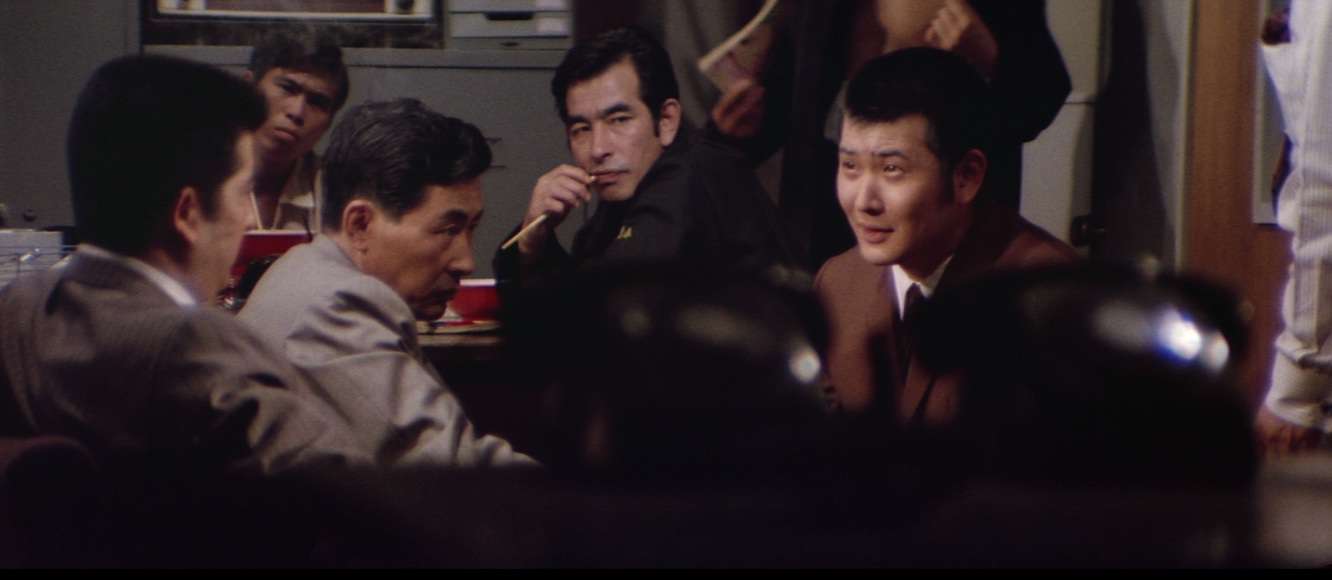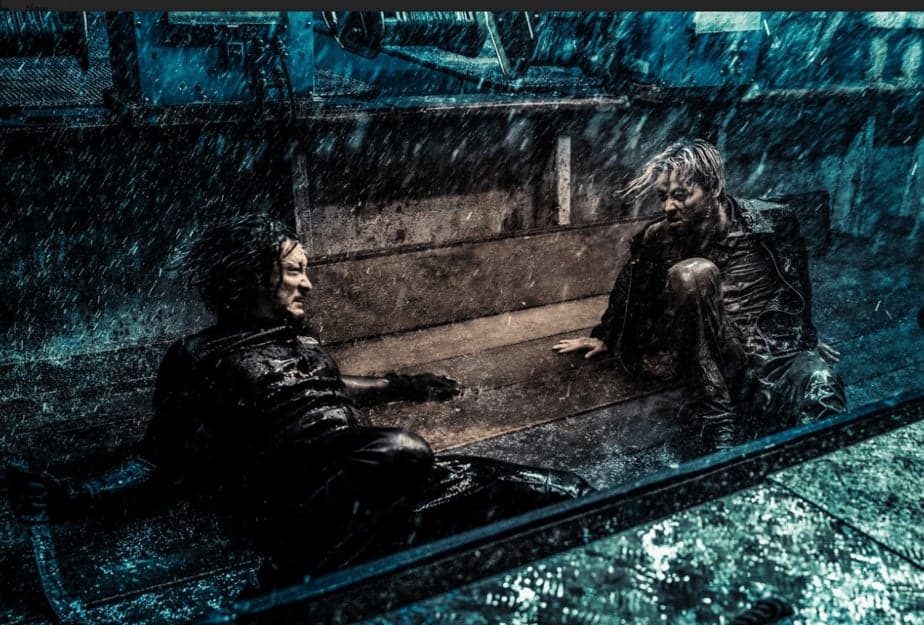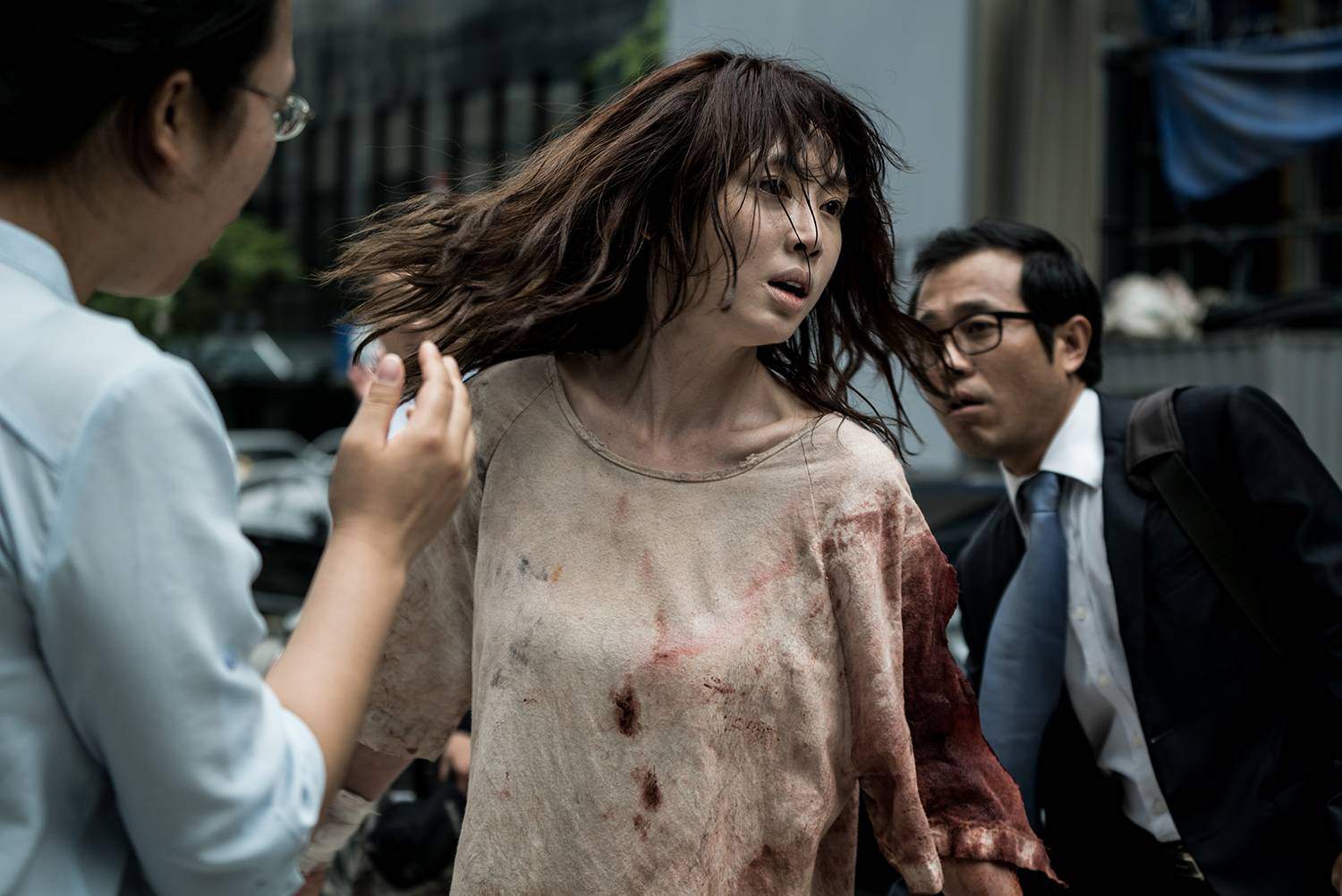For many in the West, Japan is considered one of the most well-organized nations in the world, a place where mentality and efficiency find their apogee, and the truth is that, for many years, particularly after WW2, this opinion was not much far from the truth. However, during the latest years and particularly through a number of documentaries that criticize the current system, it has become evident that a number of issues lie underneath the surface, and that many have to do with the now deceased, Shinzo Abe's government. Hisayo Saika focuses on one of these issues, the revision efforts towards the darkest moments of Japanese history, essentially the Military Comfort Women, the mass suicide at the Battle of Okinawa, and the Nanjing Massacre, which actually starts from changing the facts in school textbooks. “Education and Nationalism” is still playing in theaters around Japan, and close to 40,000 people have already watched it.
Education and Nationalism is screening at Busan International Film Festival

The story begins with the bread industry, which was dealt a heavy blow in 2017, when the bakery in an elementary school Ethics textbook was replaced by a Japanese confectionery because that scene was deemed “inappropriate in terms of showing love for the country.” Ethics originally had been taken out of textbooks after deeply reflecting on how one set of values was pushed onto children, namely the loyalty and nationalism that Japanese imperialism was criticized for. However, it was brought back during the second Abe administration for the first time in 73 years. The approach is indicative of what happened later with history books in schools, in an evident effort for the country to return to post-war education.
Japan's textbook examination system is meant to allow non-government entities to freely create textbooks in alignment with the country's criteria, essentially allowing for different textbooks to be used in different regions of the country. As Hisayo Saika eloquently highlights throughout the documentary, though, pressure from various political entities and authorities actually dictates the context and even which books are going to be used. In one of the most shocking events presented in the film, in 2016, when a history textbook written by teachers would describe the comfort women issue as a historical fact, middle schools that used these textbooks would receive a flood of postcards that mentioned in protest, “Don't use anti-Japanese textbooks.” One of the protestors who sent a large number of postcards was the mayor of former Prime Minister Abe's hometown. This type of “soft bullying” continued in various forms, as the film showcases the events involving Hirai, a school teacher who focused on the blights of war and historical truth about the atrocities Japan committed, and found herself attacked on Twitter by an influencer of more than 1,000,000 followers, and Mio Sugita, a member of the Liberal Democratic Party of Japan, an action that eventually led the two women to courts.
Takashi Ito, a Professor Emeritus at the University of Tokyo also supports Abe's tactics and he has written a textbook that praises the Imperial Rescript on Education, which holds in high esteem the emperor at the end of the Japanese imperialism. His words are even more shocking when presented on screen, as we listen to him saying “We'll make proper Japanese people,” and following up after a question by Saika about the definition of proper Japanese people, “not leftist ones”.
The presentation of the whole concept is as realistic as it is shocking, with Saika having done a rather thorough investigation, while managing to include interviews with members of both sides. At the same time, she pulls no punches in her comments, openly talking about political pressure, direct government involvement, and revisionary tactics that derive from the members of the “Abe group” who seem to have taken key positions in all hierarchies of the Japanese system.
At the same time, and although not clearly answered, the question for the reasons for all these actions, which essentially aim at people forgetting the blights of war, also gets a reply here: The current government wants Japan to be able to go to war once more.
The combination of the extremely thorough research, and the rather fast for a documentary pace, as dictated by the editing, results in a film that soars in information that highlights the issue in all its glory, as much as Saika's opinion on the specific political tactics. Arata Iura's narration, which changes to a female voice when it is time for the government's texts and statements to be read in the film, adds much to the whole atmosphere, giving additional cinematic value to the documentary.
“Education and Nationalism” is a great documentary that manages to highlight very important issues in the most thorough fashion possible, and a film that is bound to make any viewer angry towards the shady tactics of a government that actually wants to shape history according to its own benefit.
















